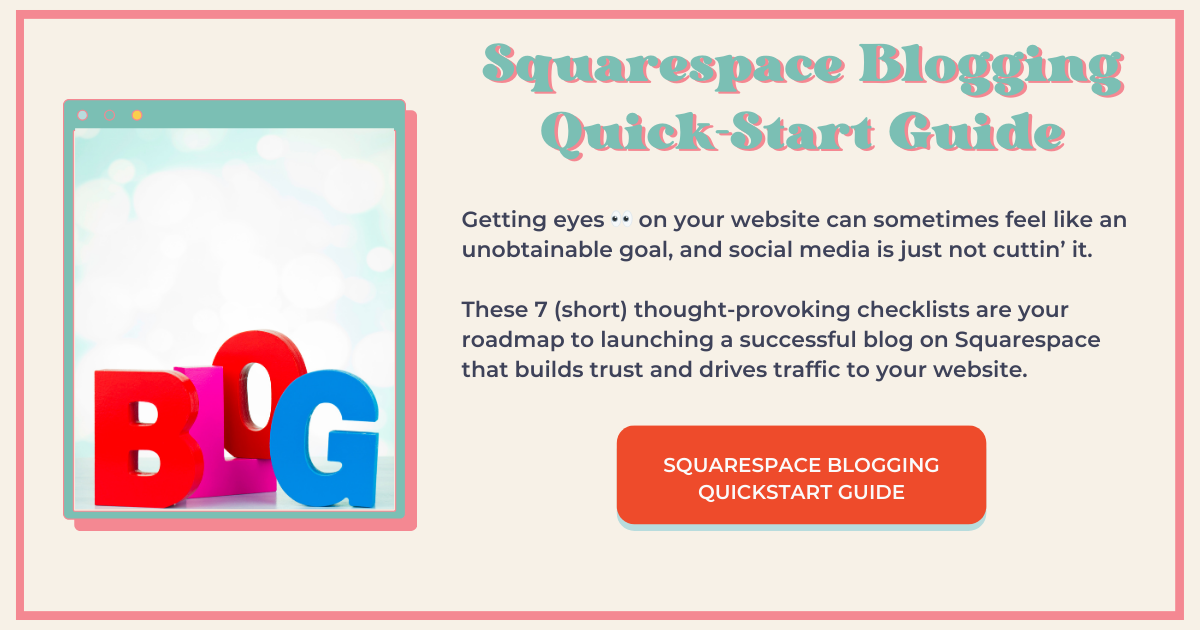How to Find the Questions Your Audience is Asking for Your Blog
One of the most effective ways to provide value to your audience and establish yourself as an authority is by directly answering the questions your audience is asking. By addressing their specific needs and concerns in your blog, you not only provide value but also build trust and loyalty among your readers.
In this post I’m going to provide strategies for answering your audience’s questions as they pertain to your business to increase website traffic and position you as the go-to expert in your niche.
Where to Find the Questions Your Audience is Asking
Engaging in Facebook Groups and Online Communities
Facebook groups and online communities are treasure troves of questions and discussions that your target audience is already engaging in. By participating in these groups, you can observe the common pain points, concerns, and questions that repeatedly arise.
Spend some time perusing facebook groups or other communities that pertain to your niche to find one where you can offer value. Join it—be sure sharing your blog posts doesn’t break any group rules. If you’re in a Facebook group, I suggest finding a group that posts around 5-6 times per day. Whenever possible, hop on into the discussion and offer free advice.
DO NOT SOLICIT BUSINESS IN THESE GROUPS! It’s icky!
This is your opportunity to show people how generous and knowledgeable you are. And it’s a GREAT place to find out what problems and questions your audience is asking the most.
Look for patterns. Are there particular questions that frequently pop up that directly align with your products or services? This is great fodder for your blog.
Keep a running list of blog post ideas and when something good crops up, add it to the list so your goldfish brain won’t forget (speaking from experience here, of course).
It’s very, very, very important to remember that you should only be blogging about those topics with which your products and/or services align. It does not make sense to blog about things you don’t actually do.
For example, if you’re designing websites and people are asking questions about MailChimp but you don’t provide MailChimp services, don’t write about MailChimp services, even if you know MailChimp inside and out. Unless you’re planning to offer these services, don’t talk about them.
I hope that makes sense.
Using Q&A Platforms Like Quora and Reddit
Platforms like Quora and Reddit are specifically designed for people to ask and answer questions. By searching for topics related to your industry, you can find the questions your audience is asking that they are hoping to find the answers to.
This provides you with ready-made content ideas that you can address in your blog. Additionally, by answering questions your audience is asking on these platforms, you can drive more traffic to your website by directing readers to your blog for more in-depth information. It’s a win-win!
Leveraging Search Suggestions
Many search engines like Google, Pinterest, YouTube, and Amazon make it easy to find the questions your audience is asking with an autocomplete feature that can provide insights into the exact phrases and questions your audience is typing into search fields.
By typing in a keyword related to your niche, you can see a list of suggested searches, many of which are phrased as questions. These suggestions reflect real user queries and can be directly translated into blog topics that address these questions.
Creating Content That Directly Answers Audience Questions
Optimizing for SEO to Reach Your Audience
Incorporating SEO best practices is crucial to ensuring that your content reaches the widest possible audience. Use the identified questions as focus keywords and naturally integrate them throughout your blog post, including in headings, subheadings, and meta descriptions.
I use SEOSpace for keyword research as well as scanning my blog page to be sure I’ve dotted all my i’s and crossed all my t’s. I don’t know what I’d do without this tool.
Sharing Answers Within the Community
As you continue to grow your blog, you'll build a valuable archive of content that can be used to answer questions directly within the communities where they were originally asked.
For example, when someone poses a question in a Facebook group that you've already addressed in a blog post, you can respond with a brief answer and a link to your post for more details. This not only provides immediate value but also drives traffic back to your website.
Building a Blog Archive for Quick Responses to Common Questions
Over time, your blog will become a comprehensive resource for your audience. When common questions arise, you'll have ready-made answers that you can quickly share, saving time and reinforcing your position as an expert.
This approach not only benefits your readers but also continually increases the value and reach of your blog content.
Final Thoughts
Addressing the questions your audience is already asking is a powerful way to build authority, drive traffic, and foster trust. By actively engaging in communities, using platforms like Quora and Reddit, and leveraging tools like Google Search Suggestions, you can uncover the topics that matter most to your audience.
By consistently creating content that answers these questions, you'll not only meet their needs but also position yourself as a leader in your field. So start listening, start answering, and watch your blog—and your business—grow.
Share your thoughts 👇
This page contains affiliate links
Like this post?











